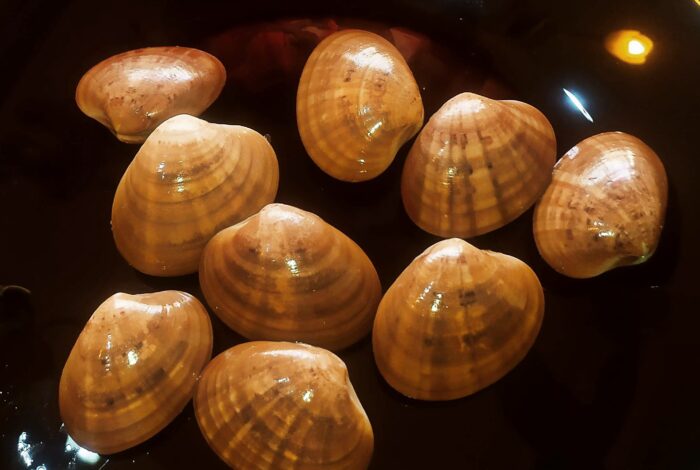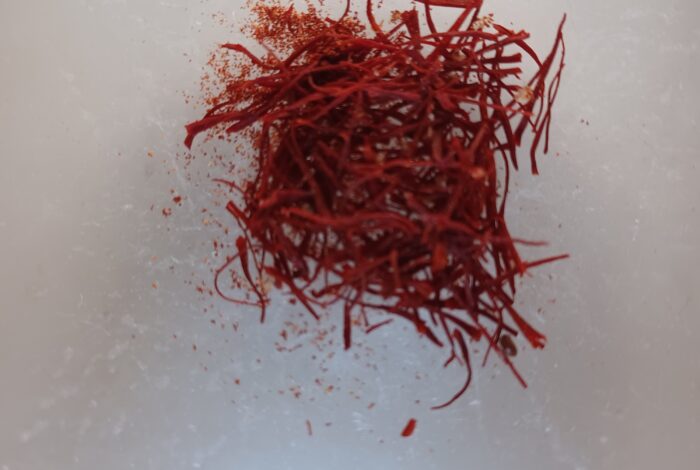Soultana-Maria Valamoti, Professor, School of History and Archaeology, Aristotle University of Thessaloniki
In Greece, barley was a key crop cultivated by the first farming communities as early as the 7th millennium BC. The krithi of the ancient Greeks is what we call krithari (barley) in modern Greek. One of the ways barley was prepared in ancient Greece was in the form of a porridge, known as ptisani. Famous in antiquity for its therapeutic properties, as seen in the Hippocratic texts (5th century BC), ptisani was based on a processed barley grain. According to the Geoponika (10th century AD), ptisani, as an ingredient for making the porridge, was made from hulled barley that had been soaked in water in a ratio of 1 to 10, then pounded to remove its chaffy outer layer, dried in the sun, and stored with salt and part of the chaff left on. Galen (2nd century AD[CA1] ) describes in detail how ptisani was made in two works, On the Ptisan and On the Powers of Foods. Success in making ptisani depended on sourcing very high-quality barley. The grain was first winnowed to remove the outer husk and boiled in very pure water. Then it had to soak for some time and be rubbed by hand – ideally with something hard – to remove as much of the husk as possible. This cleaned grain was then boiled in water, first over high heat and later, when it had absorbed enough water and expanded, simmered until it became a thick porridge.
Ancient texts, apart from those concerned with medicine, rarely mention ptisani. We come across it occasionally in the verses of comic poets such as Aristophanes (5th–4th century BC), in food lists or in the parody of a medical recipe by Alexis (4th–3rd century BC). Other texts suggest that ptisani was an everyday, inexpensive food eaten by everyone, as noted by Menander in his play The Arbitration (4th–3rd century BC). It also seems to have been a common dish for the elderly, according to the orator Demades (4th century BC).
Despite a wealth of traditional soup recipes, this therapeutic and once common recipe from ancient Greece, based on two basic ingredients – a primal grain and water – seems to be absent from traditional Greek cuisine today. However, soups containing cracked wheat in various combinations still appear in regional Greek cuisines.
Image 1: Charred barley grain from Dion, Macedonia, 4th century AD
(Photo by S.M. Valamoti, from Valamoti, Fyntikoglou, Symponis 2022)
[CA1]Error in the source.










